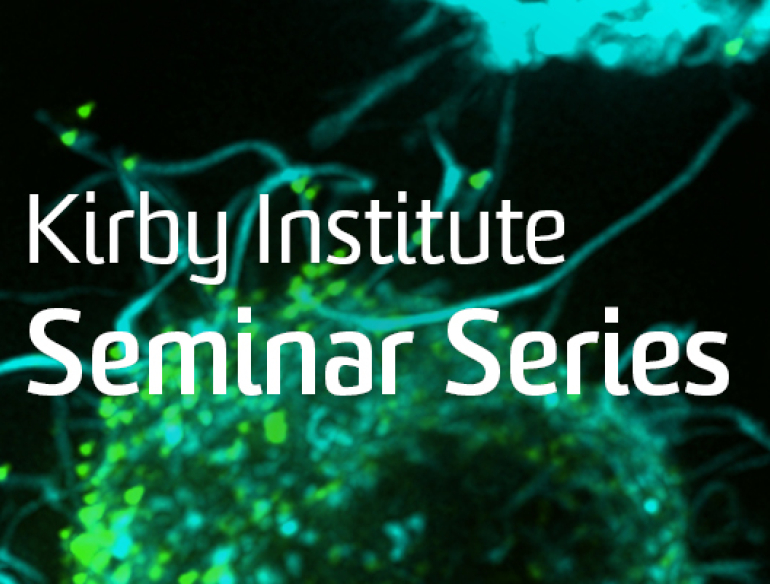Location:
Berg Family Foundation Seminar Room, Level 6, Wallace Wurth Building, Kensington Campus
Cost
Free
Contact for enquiries
Rata Joseph, +61 (2) 9385 0900 or recpt@kirby.unsw.edu.au
Kirby Institute Seminar Series presents
 |
Postdoctoral Research Fellow, Public Health Interventions Research Group, Kirby Institute |
About your speaker
Dr Bridget Haire is an NHMRC early career fellow at the Kirby Institute, and lectures in public health and medical ethics. Bridget is also the President of Australian Federation of AIDS Organisations (AFAO). Prior to academia she worked in HIV and sexual and reproductive health for more than 20 years as a journalist, editor, policy analyst and advocate. Bridget is a member of the Australian Ministerial Advisory Committee on Blood Borne Viruses and Sexually Transmissiobe Diseasess, the African-led Global Emerging Pathogens Treatment Consortium, and a former consultant for the Australia-China Human Rights Technical Co-operation Program on sexual and reproductive health rights for the Australian Human Rights Commission. She also served on the Data Safety Monitoring Board for the South African HIV prevention study CAPRISA 008 as a medical ethicist, and is the medical ethicist on the NSW HIV Assessment Panel for People who Put Others at Risk of HIV. Bridget’s research interests are ethical issues in infectious disease control with an emphasis on underserved or marginalised populations, gender, and sexual and reproductive health.
Abstract
SIN-PREP is a qualitative study exploring the culture of early PrEP adoption in Australia, and considering changing concepts of ‘safe sex’. This seminar will discuss emerging themes of responsibility, citizenship and reciprocity invoked by participants not only in relation to their sexual practice, but also in acting as mentors or educators of friends and sexual partners, and as active participants in research. Meaningful aspects of reciprocity which are being enacted in the researcher/participant relationship will also be explored.
